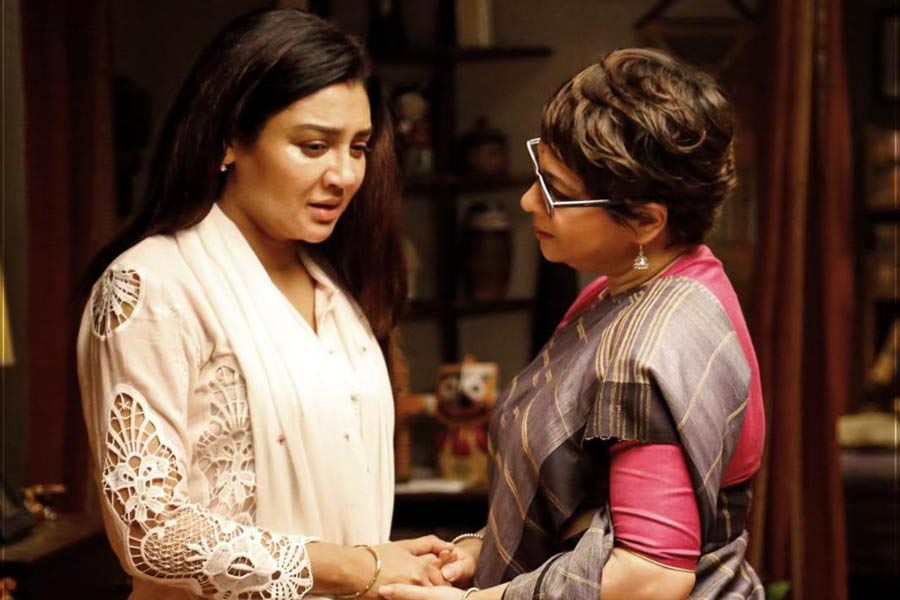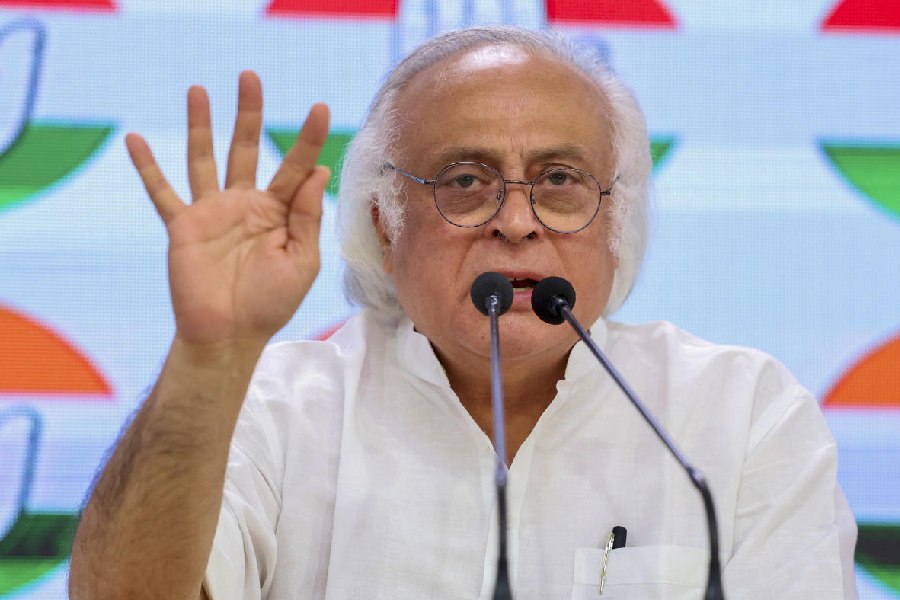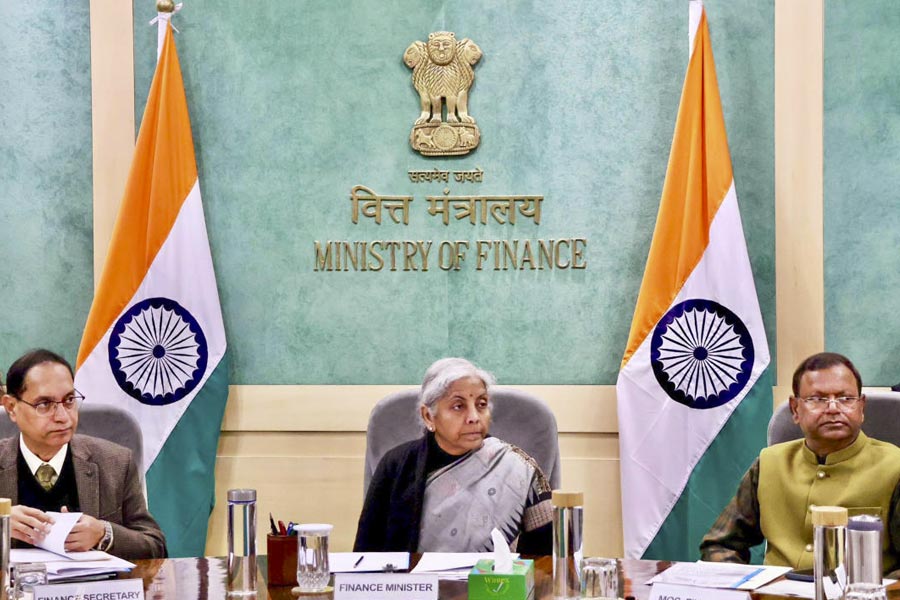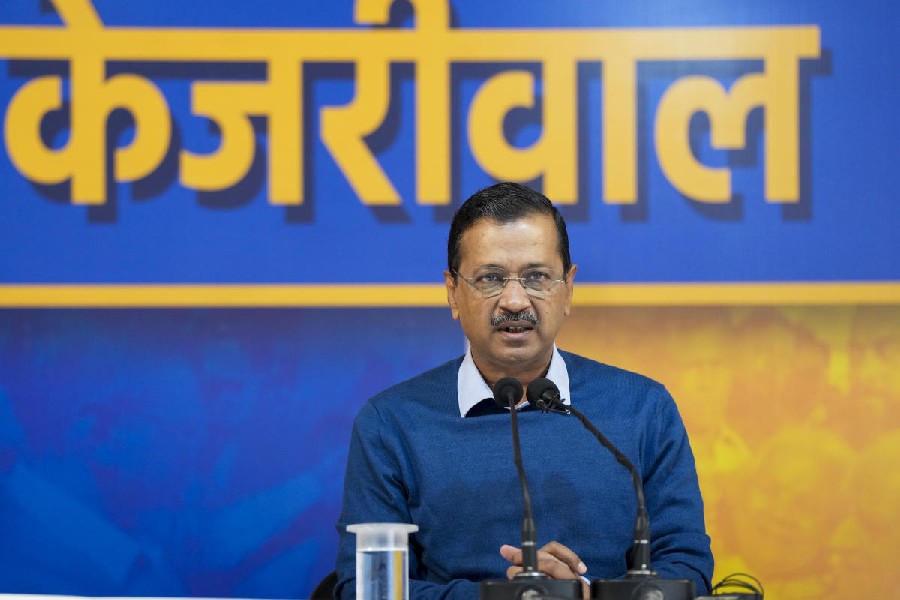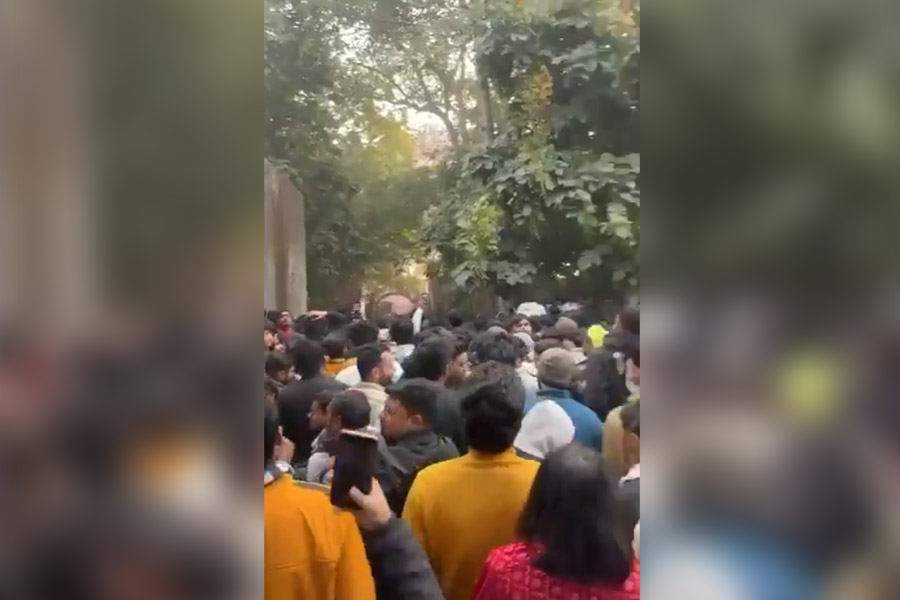Kaushik Ganguly’s Ardhangini explores the complexities of relationships, challenging societal norms, and the eternal search for identity and fulfillment. Suman Chatterjee (Koushik Sen) is incapable of becoming a father, but his ego prevents him from accepting the truth. He pins the blame on his wife Subhra (Churni Ganguly), which leads to frequent altercations. Unable to bear it after a point, Subhra decides to separate from her husband.
A few years later, Suman meets Meghna Mustafi (Jaya Ahsan), a Bangladeshi singer, and they decide to marry. But Suman’s conservative family is against the match because of Meghna’s religion, forcing Suman to move out of the family home and get a rented place. In a twist of fate, Suman suffers a cerebral attack and slips into a coma, which brings Meghna and Subhra face to face.
While it is not the first time we have witnessed a confrontation between the former and present wives of the male protagonist in contemporary Bengali cinema — Shiboprosad Mukherjee and Nandita Roy’s Praktan (2017) comes to mind — Kaushik Ganguly prevents Ardhangini from becoming a tale of sentimentality. Using a nonlinear storytelling approach, the film explores themes of marital discord while also touching upon the social stigma around an individual’s inability to bear a child.
In many ways, Ardhangini belongs to Churni. Much of the story revolves around Churni’s Subhra, who, despite having ended her relationship with Suman, has a soft corner for him in some part of her heart. At the same time, that doesn’t let her gloss over the insults and humiliation that he had once subjected her to. A seasoned actress, Churni deftly balances these conflicting emotions.
As Suman’s present wife, faced with an overwhelming situation, Jaya charms us no less. She brings alive the despair of a wife who has to turn to her husband’s ex to get him back. Jaya handles it with grace, and the two actresses share an effortless chemistry. The war of words between Meghna and Subhra is the high point of the film, with each refusing to concede an inch to the other.
Among the rest of the cast, Ambarish Bhattacharya shines as the youngest son in the family, who acts as a bridge between the two women. Daminee Benny Basu impresses in her cameo as Subhra’s whacky colleague who provides her emotional support.
Gopi Bhagat’s cinematography accentuates the contrasting emotions experienced by the characters, juxtaposing vibrant colours against sombre tones. Subhajit Singha’s editing helps weave an engaging non-linear narrative, without hampering the flow of the story. In one particular sequence, Meghna puts a ring on Suman’s finger at their wedding. As the camera zooms in on Suman’s hand, the frame dissolves into a hospital scene with a pulse oximeter adorning that finger instead. The film is littered with such brilliant match-cuts.
The background score of Ardhangini, composed by Amit Chatterjee, is soul-stirring and adds depth to the narrative, specially in the confrontation scenes. The film features three songs — a Rabindrasangeet and two tracks composed by Anupam Roy — that complement the emotional journey of the characters. Alada Alada, sung by Iman Chatterjee, creates a haunting atmosphere that lingers long after the film ends.

